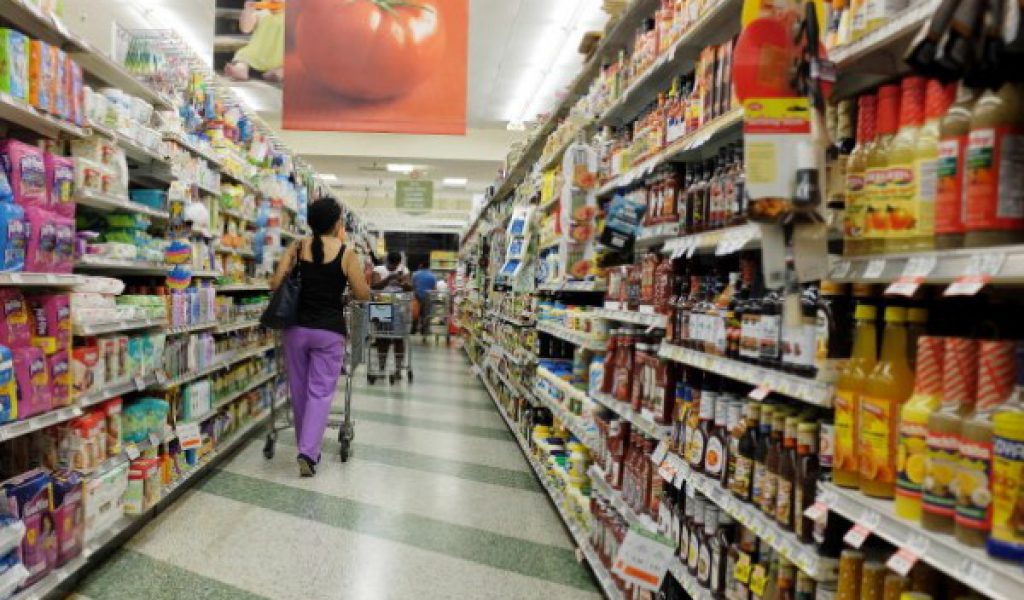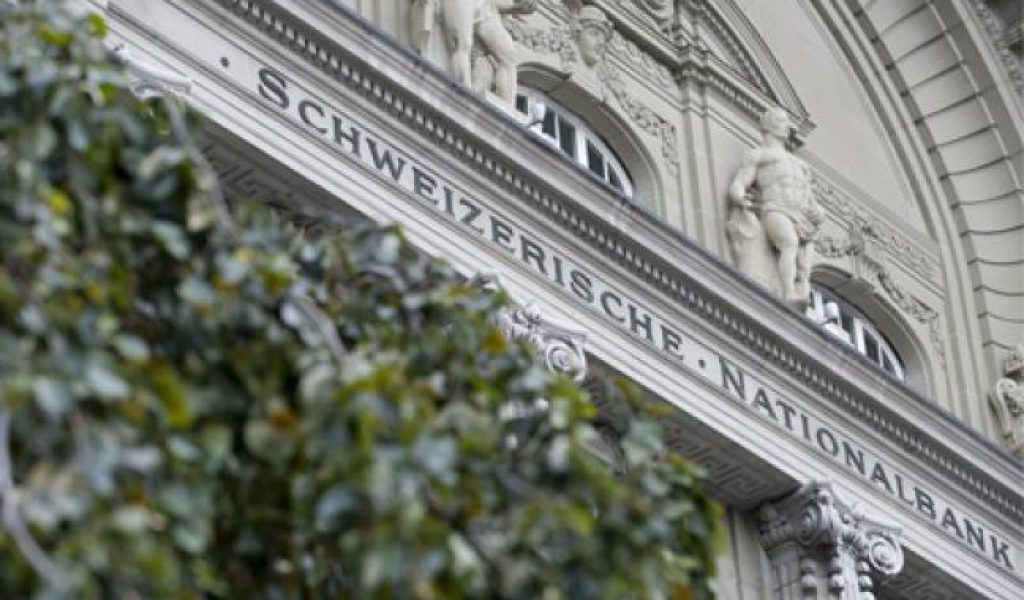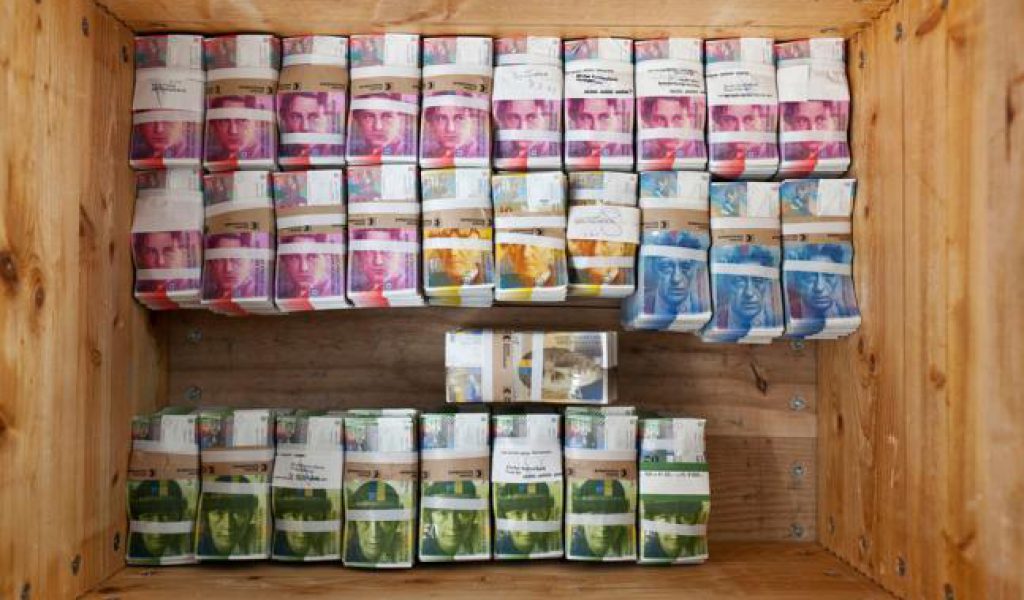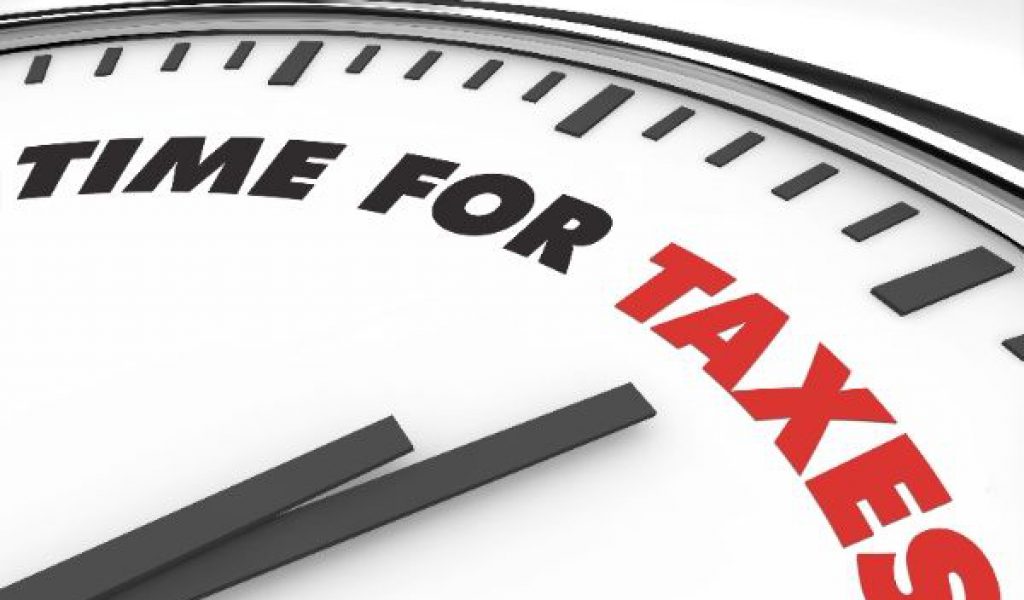Switzerland: frontier workers increased yet in 2017
In Switzerland, frontier workers are 317,821, up 2.8% compared with the same period in 2016, down 0.2% on the previous quarter.
Workers from borders increased in Ticino by 0.5% over the last three months of 2016. In the first quarter, the frontiers registered by the Federal Statistical Office were 64’670, up by 3.6 % in a year.
The most significant growth, by 6.5% (1,908) was recorded by primary sector, although the largest number of jobs are in the service sector with a 4.1% increase and 207,830 people, followed by the secondary, slightly up 0.3% and 108’082 people occupied in the branch.









